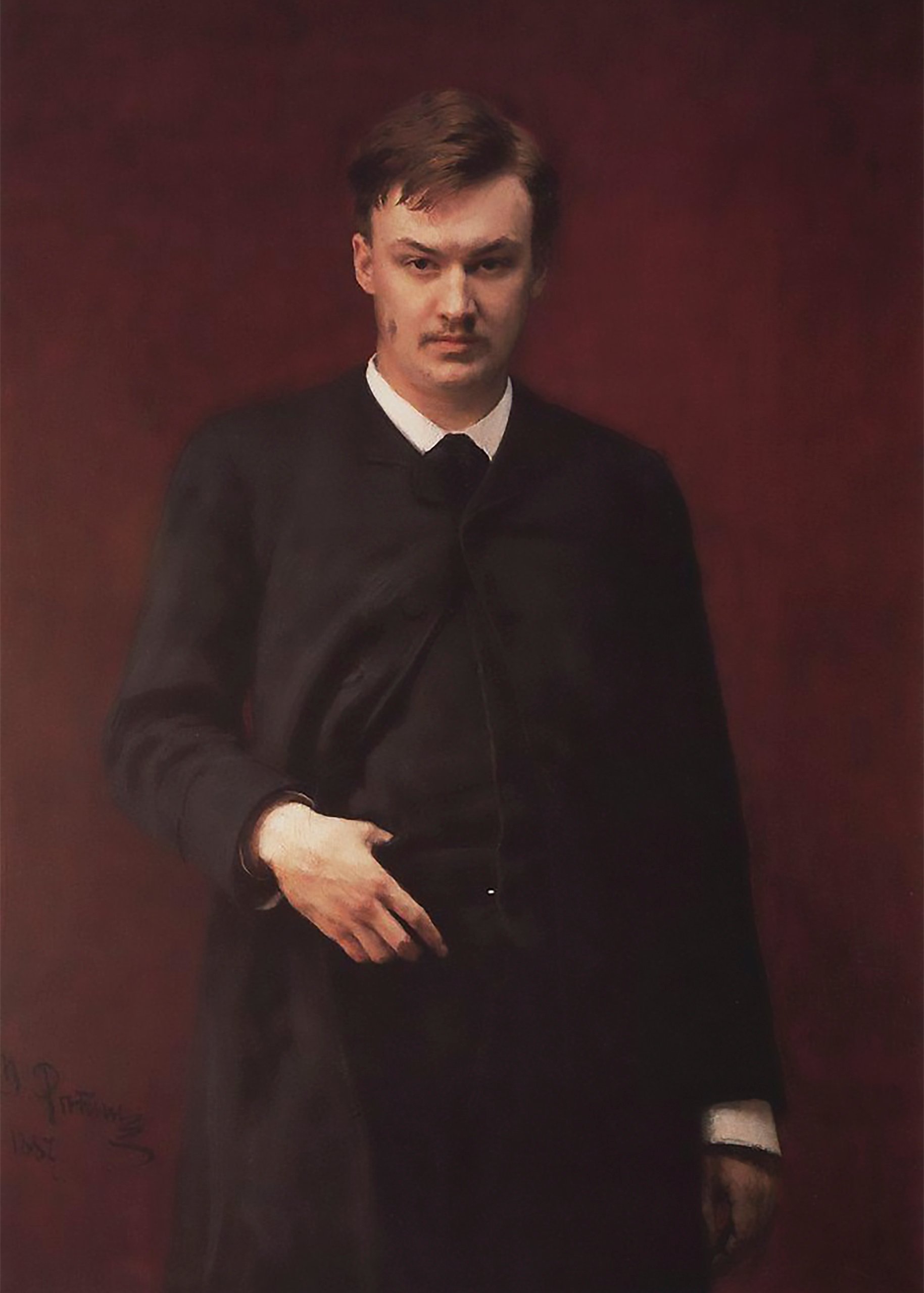Composer | Alexander Glazunov

The Russian composer Alexander Glazunov was born in St. Petersburg on August 10, 1865, the son of a wealthy publisher. His precocious musical talent was recognized and promoted by “The Five,” notably Balakirev, Borodin, and Rimsky-Korsakov (“the boy’s talent was indubitably clear”), whose pupil he became and whom he eventually replaced in 1905 as Director of the St. Petersburg Conservatory.
In 1884, with the patronage and support of Belyayev, a wealthy timber merchant, music-lover and publisher, Glazunov travelled to the West where he met Liszt and the first of his eight symphonies was performed. He made his conducting debut in 1888 and, despite a creative crisis around 1890, achieved great success with his compositions until the First World War, including the popular ballets The Seasons and Raymonda. He also worked with Mikhail Fokine on the Chopin piano music for the ballet Chopiniana, now better known as Les Sylphides.
Glazunov survived the 1917 Revolution on good terms with the Bolshevik government, remaining Director of the Petrograd and then Leningrad Conservatory until 1930, and a generous supporter of younger composers such as Shostakovich. However, he left Russia in 1928 and never returned, ostensibly on health grounds. He toured Europe and the United States while remaining a respected composer in Russia and, in 1929, settled in Paris, where he married, at the age of 64, Olga Gavrilova, whose daughter Elena had been soloist in the premiere of his 2nd Piano Concerto. Glazunov died in Paris on March 21, 1936.
Composer of three ballets, eight symphonies, five concerti, piano, and instrumental works and songs, Glazunov ignored impressionism and modernism, successfully combining the Russian nationalist Romanticism he inherited from “The Five” with more cosmopolitan Western idioms.